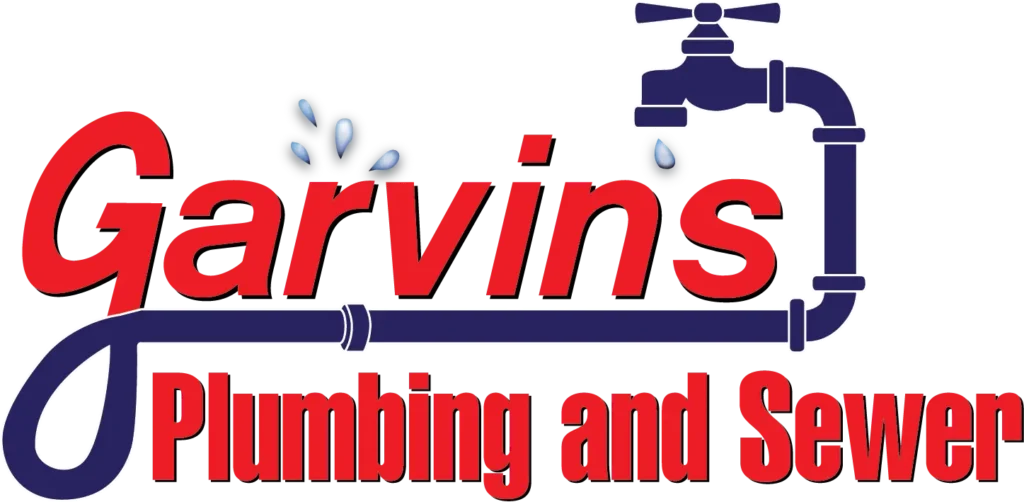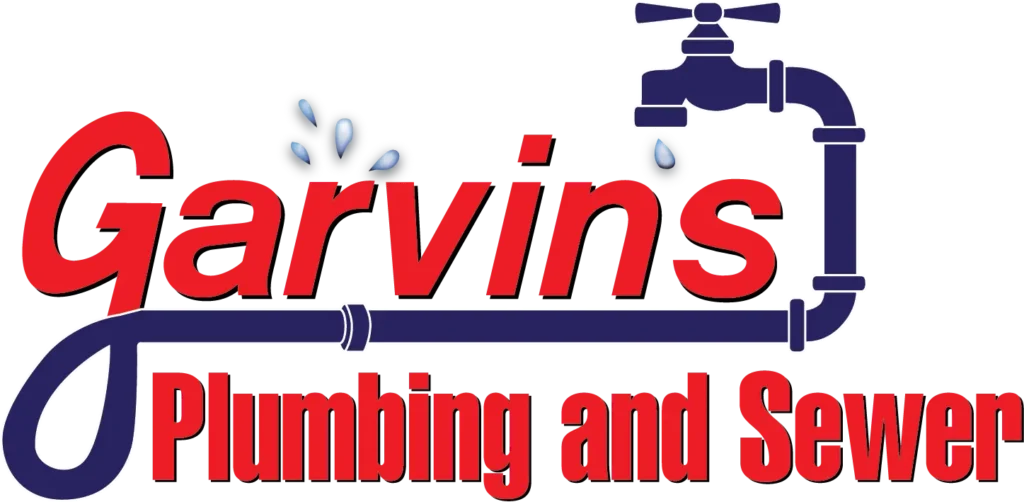Garvin’s Keeps Your Drains Clear
Few things are more inconvenient than a clogged drain in your home. It doesn’t matter if the issue is happening in the bathroom or kitchen — a clogged drain can be a massive drain on your day.
Here’s the good news — cleaning a clogged drain is a common service plumbing companies provide. If you need a drain cleaning, contact Garvin’s Plumbing and Sewer today. We’re the Englewood, CO, plumbers you can trust.
Drain Clog Causes
Whether it’s a drain that clogs all the time or one that’s clogged up for the first time, the cause is usually the same — hair. Your shower drain is especially susceptible to hair clogs, but don’t rule out hair as the cause of your bathroom sink clogs, as well. Hair isn’t the only cause of a backed-up drain, though.

Here are a few of the other most common reasons:
- Incorrect installation or layout of pipes
- Soap scum residue
- Food and grease solidification
- Scale build-up from hard water
- “Flushable” wipes
- Flushing too much toilet paper
- Tree root damage in outside drains and sewer lines
Most of these issues are correctable through habit and behavior. Installing a hair catcher in your shower, avoiding putting anything down the toilet that isn’t supposed to go there (including so-called flushable wipes) and being smart with what you send down the kitchen sink can go a long way to preventing clogs in your home.
Signs Of A Clogged Drain
The most obvious sign that a clog is forming is water collecting quickly in your sink or tub or taking a long time to drain. However, this can also be an indicator of a bigger and more serious issue.
Not all clogs may require a plumber, but here are some of the biggest signs that it’s time to call in the professionals:
- Strong smells — Foul odors from your drain are a sign of a severe buildup or clog.
- Bubbles in toilet water — Any time the water in your toilet is bubbling, that means the air is most likely having to reroute around a clog.
- Water backups — If water is backed up to the point of releasing through other drains, something is causing that.
If you’re experiencing this, call a Garvin’s plumber quickly to get the issue under control with the least amount of damage possible, and learn about our hydrojetting services.
Drain Cleaning Services In Englewood
Some homeowners consider a clogged drain a problem they can solve on their own with store-bought drain cleaners. Those cleaners are full of harmful chemicals, however, and may end up causing even more issues with your pipes in the future. It’s better to be safe than sorry.
No matter what’s causing your drain to clog, Garvin’s can get it fixed. Our team of professional plumbers can handle all clogs — big and small — and get your drains back to working order.
Schedule Drain Unclogging Services
Here at Garvin’s Plumbing and Sewer, we provide top-notch customer service and excellent workmanship. When you go with a professional for drain cleaning services, you can rest easy knowing the problem will be fixed quickly and correctly.
Contact Garvin’s today to get an appointment scheduled. We’ll have those clogs cleared out before you know it.





